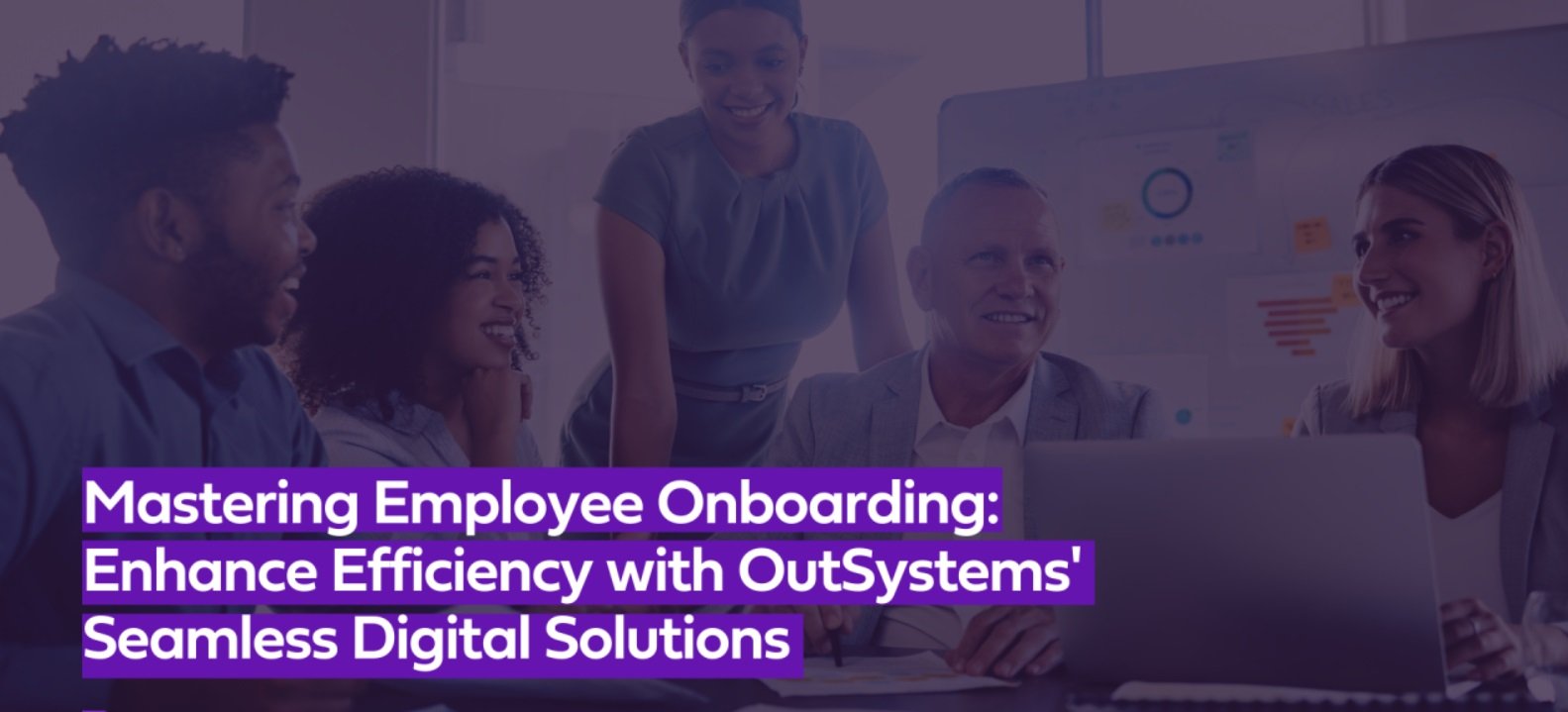
Whatever it is you wish to achieve, your goals are in good hands with TASlondon
Training is Key
Work and training are inseparable partners that lay the groundwork for professional advancement and achievement. Continuously participating in training not only hones expertise and understanding but also nurtures flexibility in the constantly changing professional environment. It empowers individuals to remain updated on industry developments and effective techniques, consequently boosting their productivity and unveiling pathways to fresh prospects. Likewise, work provides a hands-on platform for learners to employ and perfect their abilities, acquiring priceless first hand knowledge. The fusion of work and training is vital for both personal and professional progression, enabling individuals to make substantial contributions to their workplaces while consistently propelling their own careers forward. At TASlondon we provide training with diversity to make sure you exceed in your job, and there are no boundaries or lack of skills blocking your progression into the accounting job demand. Bookkeeping & VAT grips you up to date with HMRC laws and diversity prepares you to build your VAT Return and submission deadlines and assists to deal with products coming from EU and Non-EU nations. The program developed for aiming bookkeepers and anyone who aspires to begin a profession in accounting. There are a number of different training types that can be undertaken. The type of training plays a part in deciding when exactly to conduct it. The first type of training is likely to be the most common type – specific training. In fact, some form of specific training is probably taking place every day in your business, on a large or small scale. Specific training is usually specifically applied to your workplace and it is usually a practical training. For example, an employee learning how to use a coffee machine or how to fill out a form are both forms of specific training. Additionally training often creates opportunities for individuals to network with industry professionals, gain insight into potential career paths, and solidify their career goals. Overall, practical training plays a crucial role in preparing students for the workforce and equipping them with the tools they need to succeed in their chosen fields.
“A key part of my career development has been the training I have received, training with TASlondon has been invaluable to me”
Training By schedule
When it comes to specific training, it’s essential to us introduce changes and prepare our team in time. We don’t wait until the day before a new product rolls out to conduct workplace training. As a rule of thumb, it’s a good idea to begin training a month before a change comes into effect, with more focus two weeks before the change. This way, staff do not feel as though these changes are sprung on them with no opportunity for adaptation. Giving staff the right amount of time to train for changes also minimises the risk of mistakes being made with the new product or machine.
Categories of Training
-

Practical Development
Practical training is an essential component of a well-rounded development, providing staff with real-world experience that complements theoretical knowledge. Whether it's through internships, co-op programs, or hands-on projects, practical training allows staff to apply what they've learned in a tangible, meaningful way. This type of experiential learning not only helps individuals develop specific skills relevant to their field, but also fosters critical thinking, problem-solving, and decision-making abilities that are invaluable in any professional setting
-

Theoretical Insight
Theoretical training equips individuals with a deep understanding of fundamental concepts, principles, and theories within a particular field. This form of training lays the groundwork for practical application by providing a comprehensive knowledge base. Whether in the realm of science, business, or the arts, theoretical training allows individuals to grasp the underlying framework of their discipline and develop critical thinking skills. By delving into theoretical concepts, learners can gain a stronger grasp of the subject matter, enabling them to make informed decisions and solve complex problems in real-world scenarios.
-

Onboarding Training
Onboarding training is a crucial part of integrating new employees into an organization. It serves as the foundation for their understanding of the company's culture, values, and expectations. A well-designed onboarding program provides new hires with the necessary knowledge and tools to excel in their roles, while also fostering a sense of belonging and commitment to the organization. By addressing topics such as company policies, job responsibilities, and team dynamics, onboarding training sets the stage for a successful and productive employment experience.
Extended Development
-

IT Systems
At Your Site Title, we understand the critical importance of IT systems training in today's digital landscape. Our comprehensive IT systems training program is designed to equip individuals with the skills and knowledge needed to navigate and leverage complex technology environments. Our expert instructors provide hands-on experience and practical guidance, ensuring that participants gain a deep understanding of IT systems, cybersecurity, data management, and more. Whether you are a beginner seeking to understand the basics or an experienced professional looking to enhance your expertise, our IT systems training offers a valuable opportunity to stay competitive in the ever-evolving world of technology.
-

Leadership Training
Leadership training is an essential investment for any organization looking to cultivate a culture of effective and inspiring leadership. By providing comprehensive leadership training programs, we can empower our employees to develop valuable skills such as communication, decision-making, conflict resolution, and strategic thinking. These programs not only contribute to individual growth but also foster a cohesive and productive work environment. Moreover, leadership training equips employees at all levels with the tools and knowledge necessary to navigate complex challenges and lead teams with confidence and competence. Ultimately, leadership training is a cornerstone of organizational success, enabling businesses to cultivate a pipeline of capable and visionary leaders prepared to steer their teams towards excellence.
-

Client Focused
Client Focused training is a personalized approach to learning that places the needs and goals of the client at the center of the training process. This method involves tailoring the training program to meet the specific requirements of the client, taking into account their industry, role, and skill level. By understanding the unique challenges and objectives of the client, the training can be customized to deliver maximum impact and relevance. This approach fosters a deeper level of engagement and motivation, as the client feels supported and empowered in their learning journey. Ultimately, Client Focused training aims to enhance the client's capabilities and performance in a way that directly aligns with their individual aspirations and organizational objectives.


